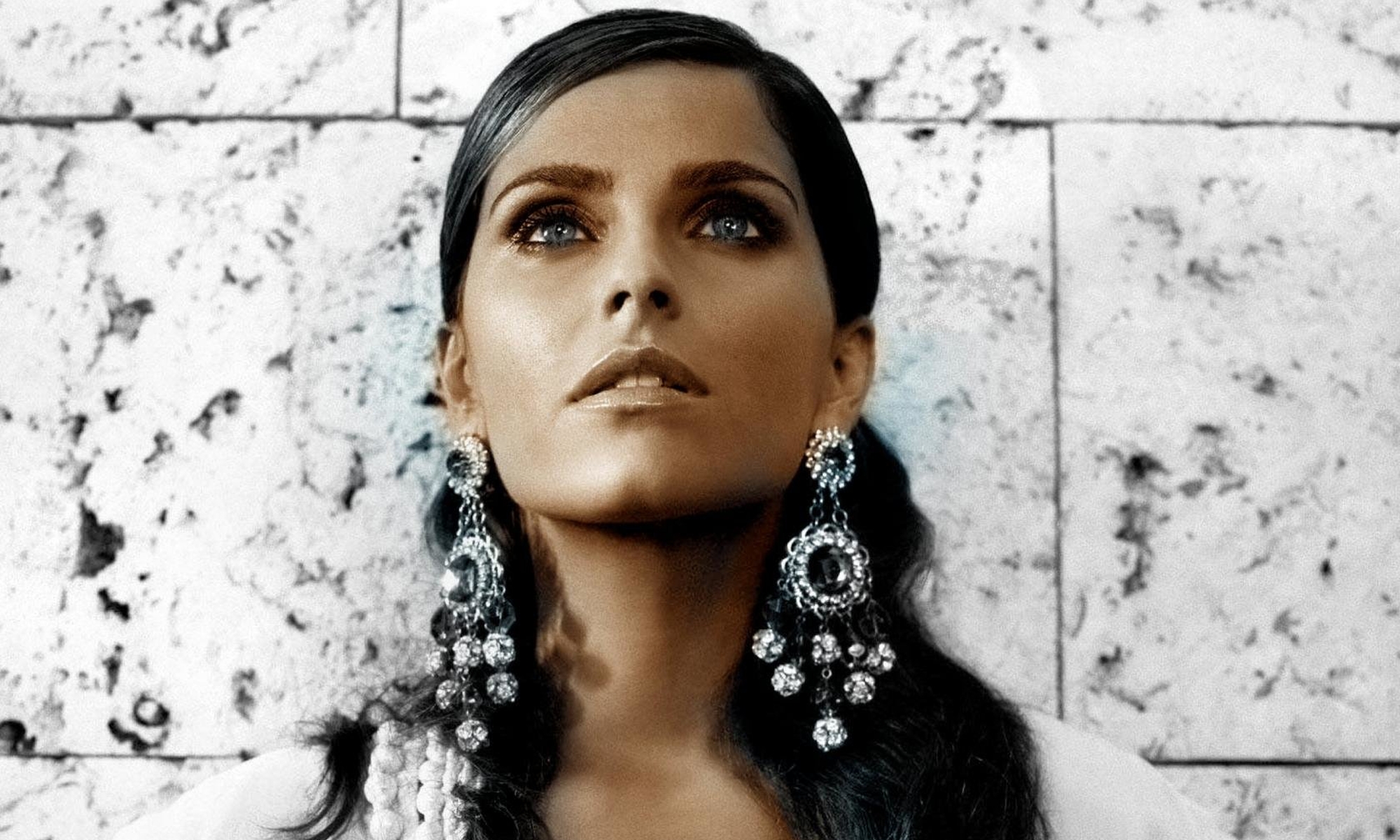A Balanced Catch: Nelly and Joe’s Fight Against Overfishing in Portugal
The morning sun glistened over the Atlantic as Nelly Furtado and Joe Jukic walked along the docks of Cascais, Portugal. Fishing boats bobbed gently in the harbor, their nets piled high, ready for another day at sea. But beneath the picturesque scene lay a grim reality: the waters of Portugal, like so many others, were under siege from overfishing.
Joe, a former Psyops veteran turned environmental strategist, had seen the consequences of resource depletion in war-torn regions. Nelly, a Portuguese-Canadian singer with a passion for sustainability, felt a deep connection to the ocean her ancestors had relied on for centuries. Together, they had come to Portugal with a mission: to introduce selective fishing and balanced harvesting practices that could save both the ocean’s biodiversity and the livelihoods of its fishermen.
The Problem
Portugal had long been a nation of fishermen, its culture and economy intertwined with the sea. But decades of industrial fishing had taken a toll. Key species like sardines and cod were on the brink of collapse, and entire ecosystems were unraveling under the strain.
The fishermen were trapped in a vicious cycle. To make a living, they needed to catch more, but the more they caught, the fewer fish remained. Joe and Nelly knew they had to break the cycle.
The Plan
Joe’s strategy was rooted in balanced harvesting—a method that mimics nature by targeting fish across all sizes and species, rather than focusing on a few key populations. By doing so, ecosystems could maintain their natural balance, and no single species would be overexploited.
Selective fishing was the other piece of the puzzle. Using advanced sonar technology and modified nets, fishermen could avoid bycatch—unwanted species often discarded dead—and focus on catching only what was needed.
To implement these practices, Joe and Nelly partnered with marine biologists, local NGOs, and fishing cooperatives.
Winning Hearts and Minds
The biggest challenge was convincing the fishermen. Many were skeptical, fearing that the new methods would reduce their already slim profits.
Nelly stepped in, using her fame to bring attention to the issue. She organized a free concert in Lisbon, where she spoke passionately about the importance of sustainable fishing.
“Our oceans are our lifeline,” she told the crowd. “If we take care of them, they’ll take care of us. This isn’t just about fish—it’s about families, communities, and our future.”
Joe, ever the tactician, held workshops at the docks, demonstrating how selective fishing gear worked and showing data on how balanced harvesting could lead to more stable fish stocks over time.
A Turning Point
The breakthrough came when a group of younger fishermen decided to pilot the new methods. Within months, their catches became more diverse and sustainable. They also found a growing market for responsibly caught seafood, which commanded higher prices.
Word spread, and more fishermen joined the initiative. Joe and Nelly worked tirelessly, securing grants to subsidize the new equipment and organizing training sessions.
A New Dawn
A year later, the results were undeniable. Fish stocks began to recover, and the local economy stabilized. The waters off Portugal teemed with life once more, and the fishermen, once resistant, became the method’s fiercest advocates.
At a celebration in Cascais, Nelly and Joe were honored by the fishing community. Standing on a makeshift stage by the docks, Nelly sang a song she had written for the occasion, her voice carrying over the waves.
Joe, ever humble, addressed the crowd. “This wasn’t about us,” he said. “It was about you—about what we can achieve when we work together. The ocean isn’t just a resource; it’s a partner. And today, we’ve shown it the respect it deserves.”
Legacy
The success in Portugal inspired other coastal nations to adopt similar practices. Nelly and Joe continued their work, traveling the globe to promote sustainable fishing.
For Nelly, the mission was deeply personal—a way to honor her heritage. For Joe, it was another battle won in his lifelong fight for a better world.
And for the oceans, it was a second chance.
